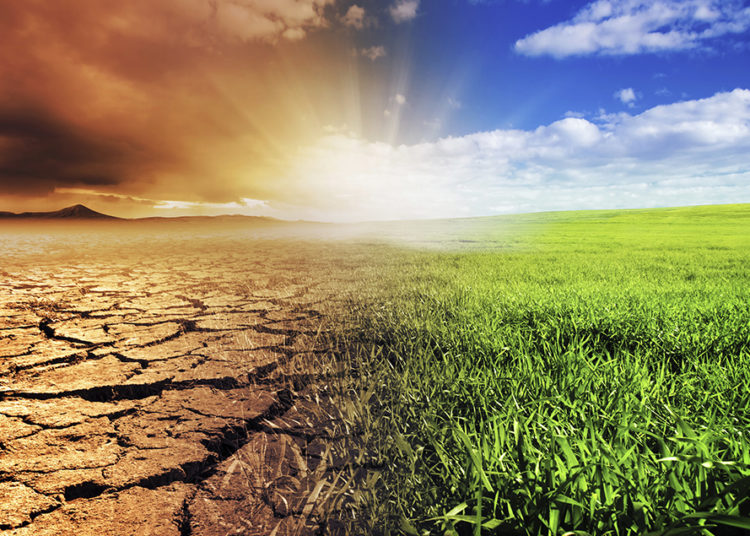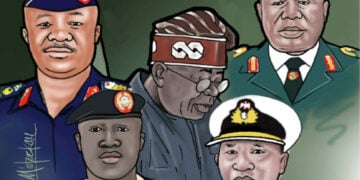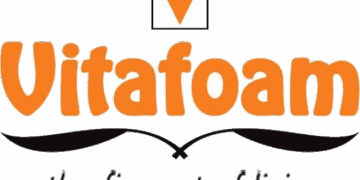Nigeria is collaborating with the Dutch Ministry of Foreign Affairs to establish a methane tracker aimed at decreasing emissions in the oil and gas sector.
The executive director of the Stakeholders Democracy Network (SDN), Adam Heal, disclosed this during a workshop titled: “Presentation of the Prototype Methane Tracker,” which was organised by SDN in partnership with the Nigerian government in Abuja.
Methane, a potent greenhouse gas, is emitted during the production, processing, and transportation of oil and gas. Heal emphasised that methane significantly contributes to climate change by exacerbating global warming, making it crucial to reduce its emissions.
The methane tracker is designed to help Nigeria monitor these emissions, gather reliable data from oil and gas emitters, and facilitate effective regulation. Heal noted that SDN has been actively involved in tracking and monitoring methane emissions in Nigeria, with the tracker being developed in collaboration with the federal government and support from the Dutch Ministry of Foreign Affairs.
He stated, “Without identifying the major sources of methane, it becomes challenging for the government, regulatory agencies, and the private sector to respond appropriately. Our goal is to enhance our understanding of methane emissions, establish a clear baseline, and quickly identify new sources.”
The tracker will compile freely available data and create a platform tailored to the needs of Nigerian regulators and industry stakeholders. Heal added that it would serve as a comprehensive resource for regulators, providing valuable insights and helping identify companies actively working to reduce methane emissions, even if they lack credible data to demonstrate their efforts.
Dr. Jude Samuelson, Head of Environment at SDN, highlighted that the tracker will enable the government and regulatory bodies to access reliable methane emission data, facilitating accurate global reporting of emission reductions. “This will ensure that Nigeria’s nationally determined contributions are reported correctly,” he stated.
Samuelson described the tracker as a groundbreaking tool that, if developed effectively, would greatly benefit regulatory agencies. The workshop marked the first phase of presenting the prototype to oil and gas regulators to gather their feedback and recommendations.
Ms Adesola Olatunde, a representative from the National Council on Climate Change Secretariat, emphasized the significance of the tracker for Nigeria. “This is a critical development for the country,” she noted. “What is now needed is detailed collaboration and engagement with relevant stakeholders to ensure the tracker aligns with our national priorities, allowing for appropriate reporting.”





